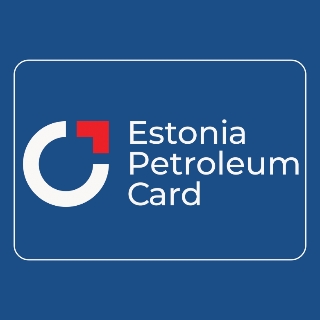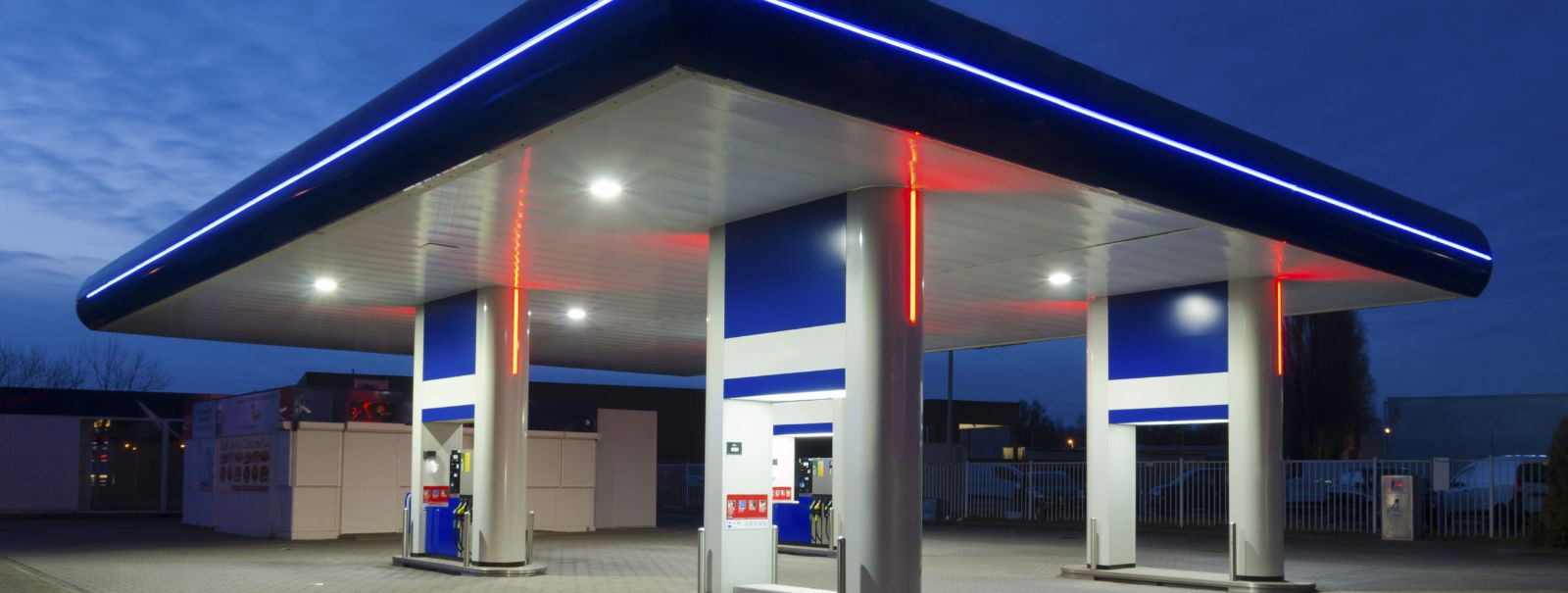The future of fleet management: trends to watch
Fleet management is undergoing a significant transformation driven by technological advancements and evolving industry demands. As transport companies and fleet managers strive for efficiency and cost-effectiveness, understanding the emerging trends is crucial for staying competitive. This article explores the key trends shaping the future of fleet management.
2. The Rise of Telematics and IoT in Fleet Management
Telematics and the Internet of Things (IoT) are revolutionizing fleet management by providing real-time data on vehicle location, performance, and driver behavior. These technologies enable fleet managers to monitor and optimize operations, reduce fuel consumption, and improve safety. The integration of telematics systems is becoming a standard practice for modern fleets.
3. The Shift Towards Electric and Hybrid Fleets
With increasing environmental concerns and regulatory pressures, many fleet operators are transitioning to electric and hybrid vehicles. These vehicles offer lower emissions and reduced fuel costs, aligning with sustainability goals. As battery technology advances and charging infrastructure expands, the adoption of electric fleets is expected to accelerate.
4. Advanced Data Analytics for Optimized Fleet Operations
Data analytics is playing a pivotal role in fleet management by providing insights into vehicle performance, maintenance needs, and operational efficiency. By leveraging big data, fleet managers can make informed decisions, predict maintenance issues, and optimize routes, ultimately reducing operational costs and enhancing productivity.
5. The Role of Artificial Intelligence and Machine Learning
Artificial Intelligence (AI) and Machine Learning (ML) are transforming fleet management by automating processes and enhancing decision-making. AI-powered systems can analyze vast amounts of data to identify patterns and predict outcomes, enabling proactive maintenance and efficient resource allocation.
6. Enhanced Fuel Management Solutions
Fuel management remains a critical concern for fleet operators. Innovative solutions, such as fuel cards and real-time monitoring systems, are helping companies manage fuel expenses more effectively. These tools provide insights into fuel consumption patterns and enable better control over fuel costs.
7. Integration of Autonomous Vehicles
Autonomous vehicles are poised to revolutionize the transportation industry. While fully autonomous fleets are still in development, semi-autonomous features are already being integrated into modern vehicles. These technologies promise to enhance safety, reduce human error, and improve operational efficiency.
8. Sustainable Practices and Environmental Impact
Sustainability is becoming a key focus for fleet managers. Implementing eco-friendly practices, such as optimizing routes to reduce emissions and adopting alternative fuels, is essential for minimizing environmental impact. Companies are increasingly prioritizing sustainability to meet regulatory requirements and enhance their brand image.
9. The Importance of Cybersecurity in Fleet Management
As fleets become more connected, cybersecurity is a growing concern. Protecting sensitive data and ensuring the security of telematics systems is crucial to prevent cyber threats. Fleet managers must implement robust cybersecurity measures to safeguard their operations and maintain trust with clients.






Comments (0)